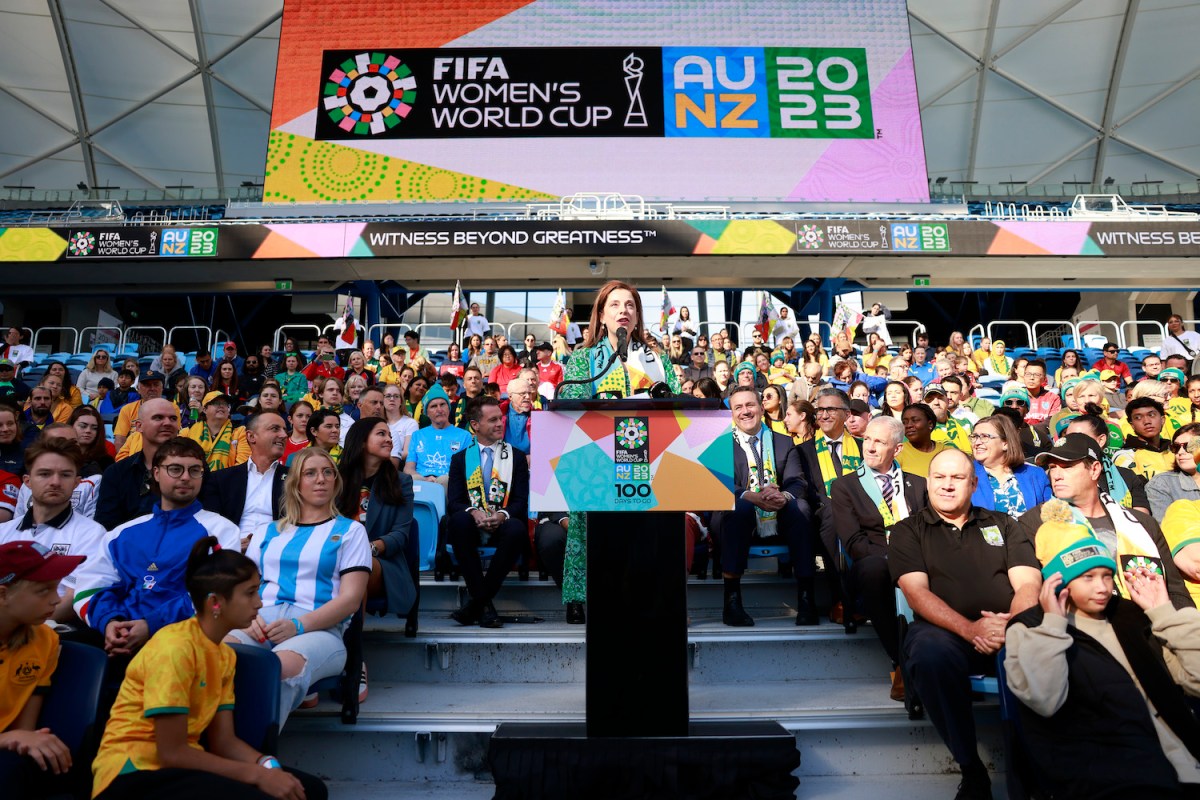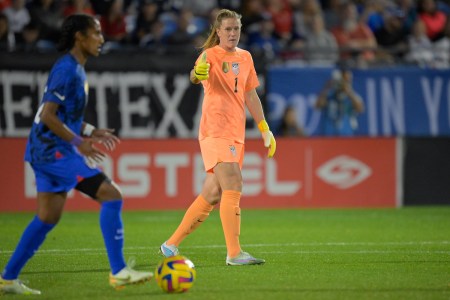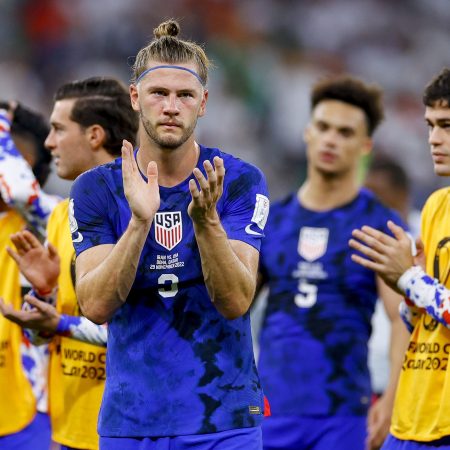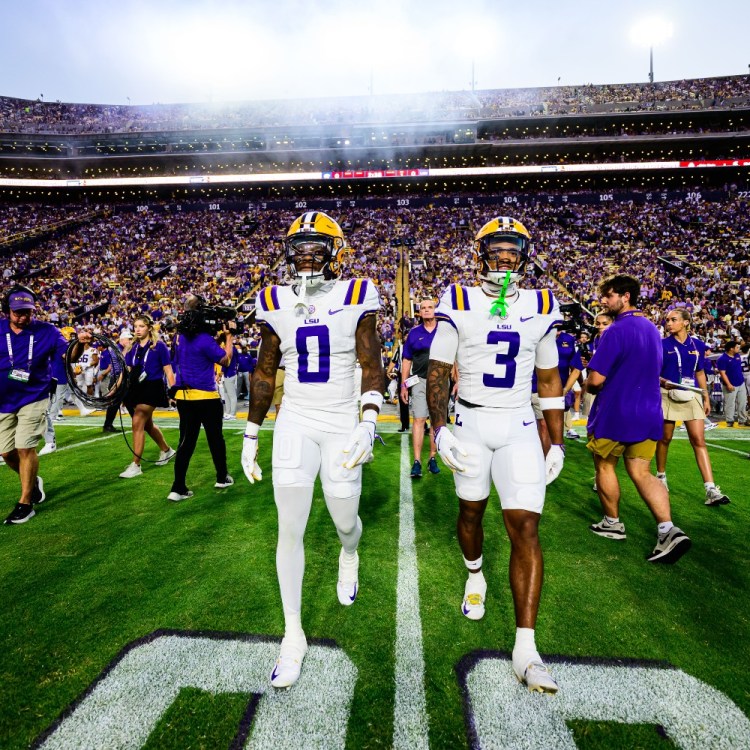The future of sports is female, folks.
The NCAA Women’s Basketball Tournament this year shattered viewership records for the First Four round, Sweet 16, Elite 8 and Final Four matches, per ESPN. After the title game, Forbes ran the following headline: “March Madness Finals Ratings Set A Record High For Women, Record Low For Men.” Powered in part by the historic play of Iowa’s Caitlin Clark, who helped her team all the way to the championship round, the NCAA Women’s Basketball Tournament Final drew an average of 9.9 million viewers, making it the most watched women’s college basketball game ever.
If that wasn’t enough proof of this article’s opening statement, try this on for size: According to a Wall Street Journal report, global football’s governing body, FIFA, now estimates that the rights to the 2023 Women’s World Cup are worth $300 million. That would make this year’s edition “the most valuable women-only sporting event in the world,” the Journal wrote.
Women’s Sports May Be the Next Big Thing — Not Only in the US
President Biden just signed an equal pay law in a victory for domestic women’s athletics. America’s not the only country pushing them forward.“The revelation came after FIFA — inspired by the 1.12 billion viewers for the 2019 edition across all platforms — began looking into the value of the Women’s World Cup as a separate property from its men’s counterpart,” Front Office Sports wrote in an article of its own on the development. “Previously, there were no available estimates for the package.”
For comparison, the outlet noted that the NCAA Women’s Basketball Tournament might be worth upward of $112 million annually when its next media rights deal with an as-yet undetermined buyer begins in 2025. Currently, that iteration of March Madness is bunched up with the 28 other college sports, which includes men’s competitions. But Josh Kosner, a consultant and former ESPN executive, told the Journal that the women’s basketball tournament is “the most important property that ESPN has, the biggest one that it has, in March [and] in a subscription world, months matter.”
For now, the Journal noted, the NCAA still hasn’t figured out whether or not it will sell the women’s tournament media rights as a separate entity. If the ratings keep moving in the direction they did this year, the body would be ill-advised not to. SEC Commissioner Greg Sankey told Front Office Sports that he believes there should be a robust exploration of such a sale.
On the soccer side of the coin, Fox currently holds U.S. media rights for English-language broadcasts of both the men’s and women’s World Cup tournaments through 2026. The media company purchased the collective World Cup rights from FIFA across 2015-22 for $1 billion, and that agreement was extended to 2026 for an undisclosed amount in 2015. Look for that type of arrangement to also change in the future, with a more à la carte approach.
“The value of Women’s World Cup rights has historically been invisible because they were packaged and sold with the rights to the men’s World Cup,” wrote the Journal. “The 1.12 billion global audience for the 2019 Women’s World Cup in France changed that, spurring FIFA to begin selling many more of the women’s rights separately. FIFA also is in the process of calculating a separate value of the Women’s World Cup rights for the first time.”
Separate deals for women’s and men’s sports’ media rights in professional circles could lead to greater transparency in terms of their respective values and help determine player salaries. On the college level, too, it can help close the gap of gender equity disparities, for which the NCAA has been criticized in its handling of basketball players and programs. In 2021, a law firm hired by the NCAA found that the governing body was “significantly undervaluing women’s basketball as an asset,” which was leading to an outsized prioritization of the men’s competitions and general gender inequity.
In spite of all their disadvantages, though, women’s athletics have been able to outdo the men, in terms of performance (where the U.S. Women’s National Team far outperforms the men’s team) and ratings (where women’s college basketball is rising while men’s declines). With investments rising sharply with interest in women’s sports, there’s no telling what they’re capable of in this category.
Whether you’re looking to get into shape, or just get out of a funk, The Charge has got you covered. Sign up for our new wellness newsletter today.


















